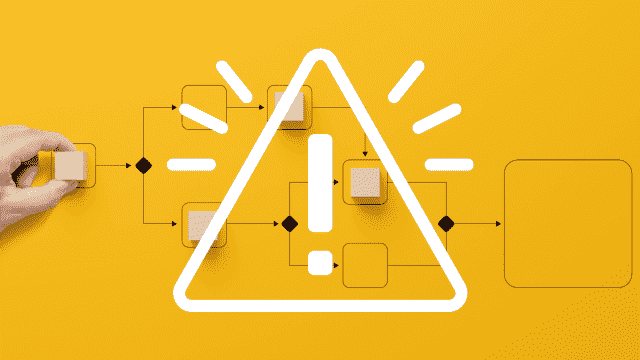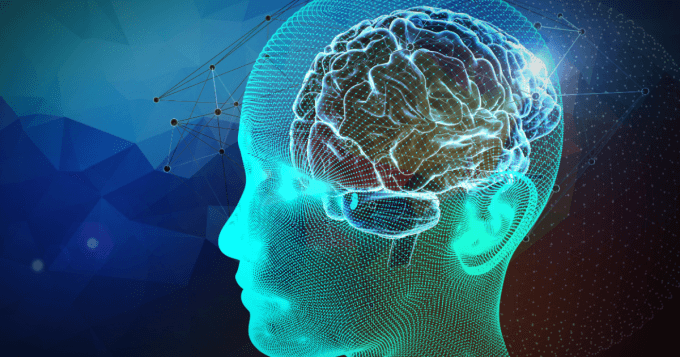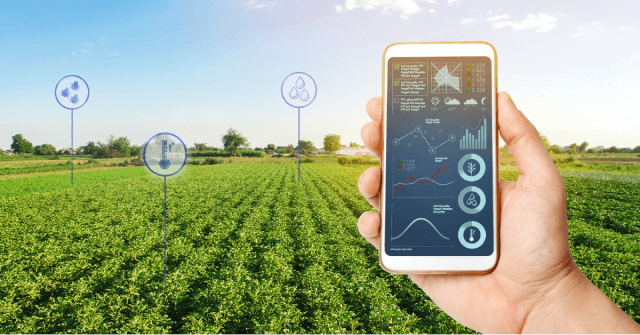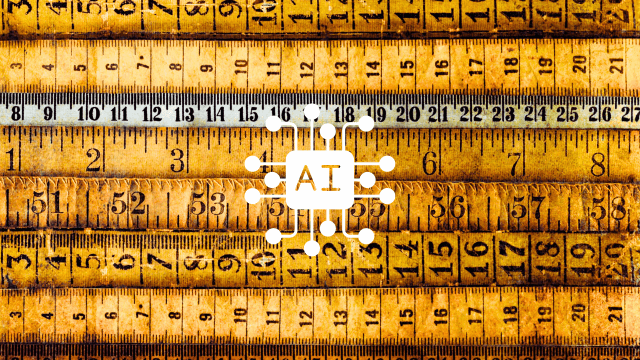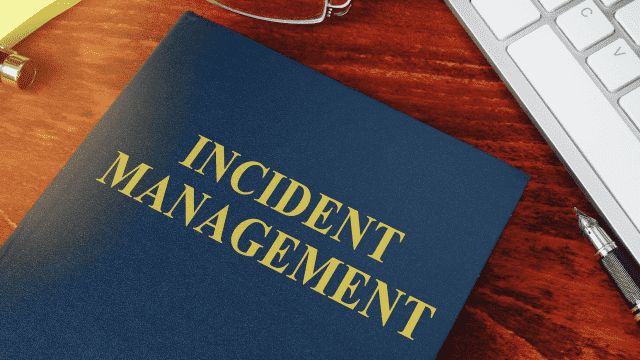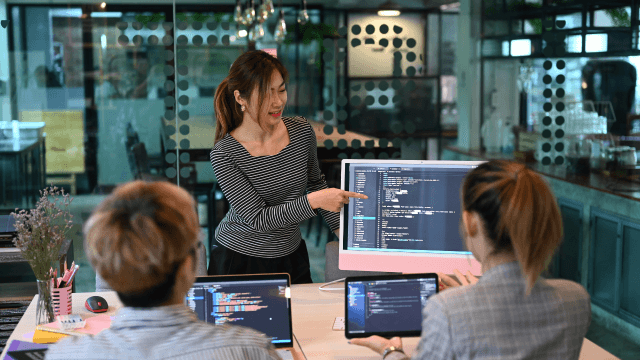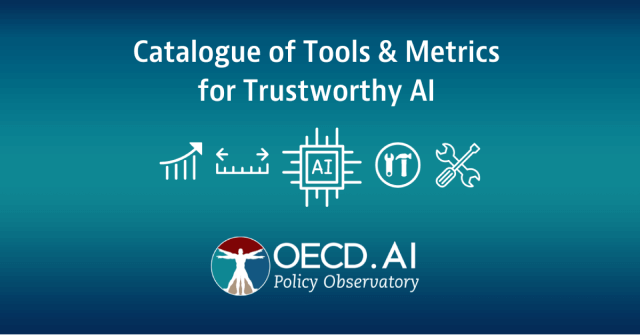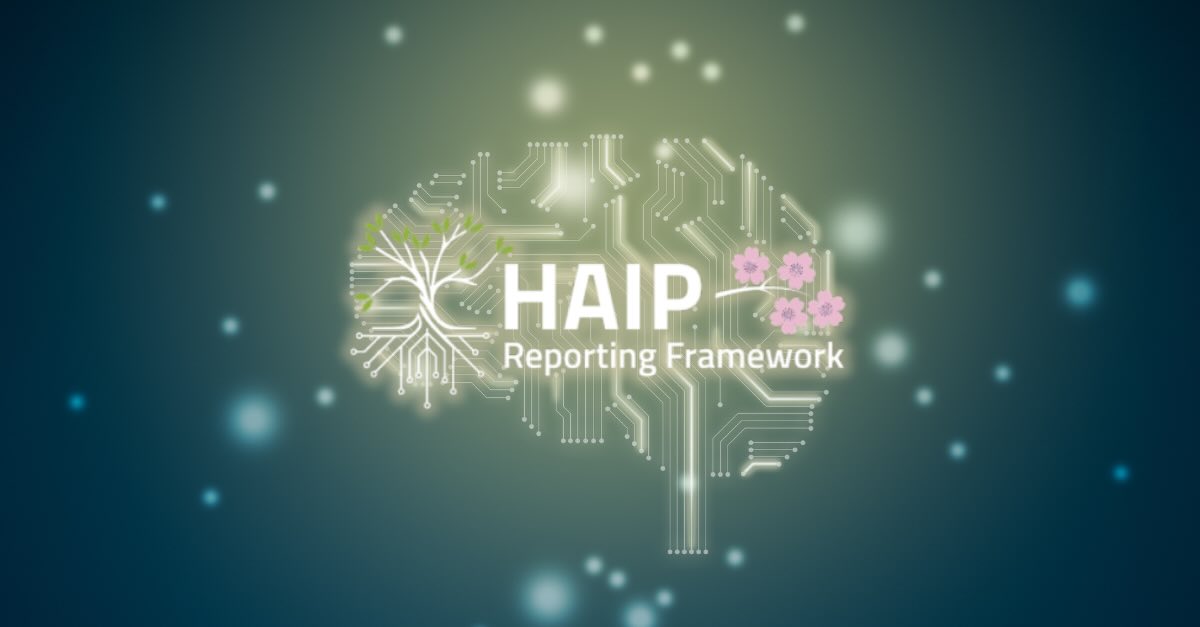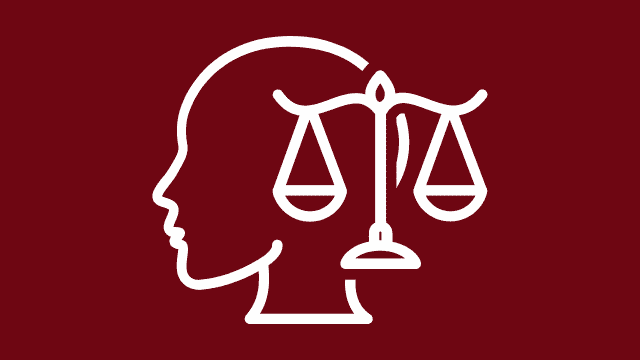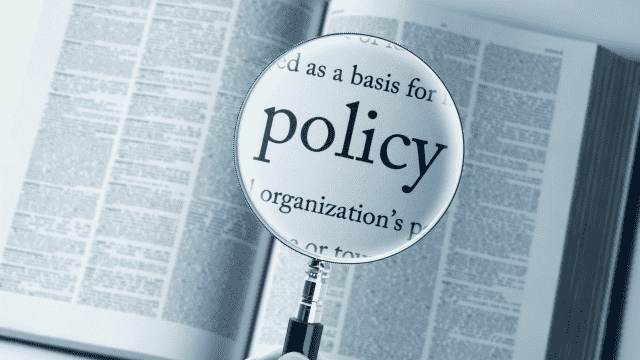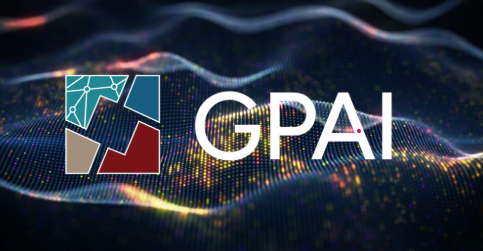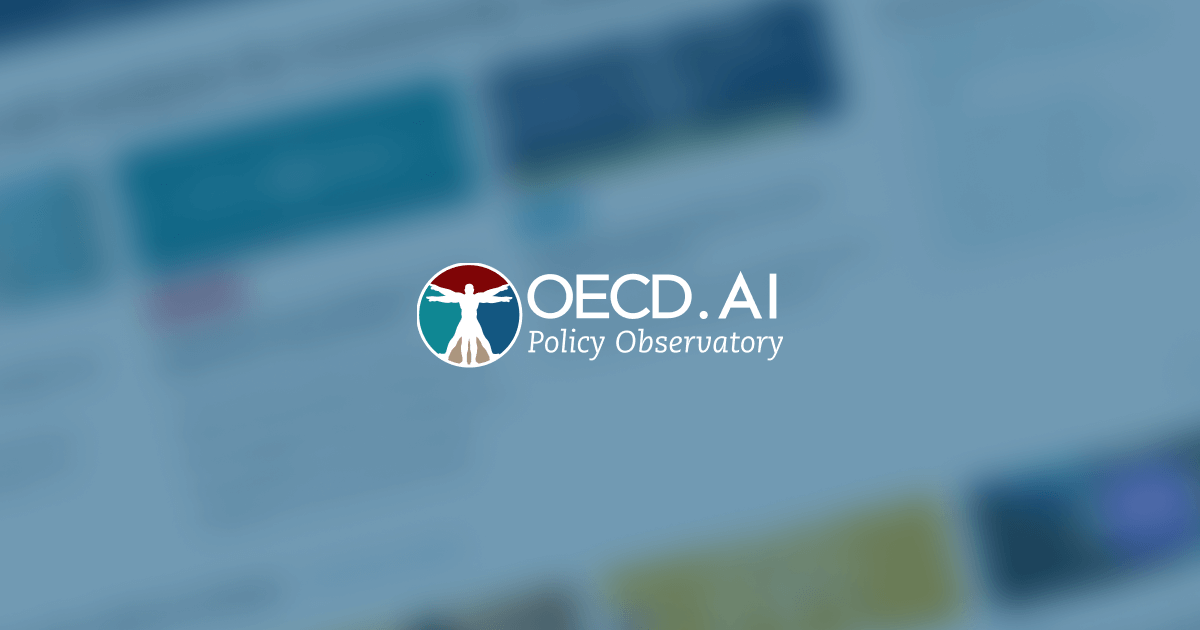The OECD’s Digital Policy Committee (DPC) has a Working Party on Artificial Intelligence Governance (AIGO, see mandate and Bureau) to oversee its work on Artificial Intelligence (AI) policy. OECD Member governments nominate working party members who are primarily national officials responsible for AI policies in their respective countries.
AIGO oversees and gives direction to the DPC work programme on AI policy and governance. This includes:
- analysis of the design, implementation, monitoring and evaluation of national AI policies and action plans;
- AI impact assessment; approaches for trustworthy and accountable AI;
- supervising measurement and data efforts as part of the OECD.AI Observatory’s pillar on trends & data;
- and conducting foresight work on AI and on related emerging technologies.
AIGO also:
- supports the implementation of OECD standards relating to AI;
- serves as a forum for exchanging experience and documenting approaches for advancing trustworthy AI that benefits people and planet;
- develops tools, methods and guidance to advance the responsible stewardship of trustworthy AI, including the OECD.AI Policy Observatory and Globalpolicy.AI platforms;
- supports the collaboration between governments and other stakeholders on assessing and managing AI risks;
- conducts outreach to non-OECD Member countries to support the implementation of OECD standards relating to AI.
AIGO’s key priority is to help governments implement the OECD AI Principles:
| 5 values-based Principles for trustworthy, human-centric AI | 5 recommendations for national policies, for AI ecosystems to benefit societies |
| Benefit People & Planet Human rights, values & fairness Transparent & explainable Robust, secure & safe Accountable | Investing in AI R&D Data, infrastructure, software & knowledge Regulation, testbeds and documentation Skills and labour markets International co-operation |
AIGO leverages lessons learned and analysis by other OECD bodies and the database of national AI policies at OECD.AI. The working party focuses on the practical implementation of the OECD AI Principles throughout the AI policy cycle for:
- Policy design – review national AI governance policies and approaches;
- Policy implementation – look for lessons in national implementation examples;
- Policy intelligence – identify evaluation methods and monitoring exercises; and
- Policy coordination – find approaches to international and multi-stakeholder cooperation on AI policy.
The working party also provides analysis and good practices to inform policy on i) AI sandboxes and ii) natural language technologies.
Its work builds on the work on the OECD.AI expert group on national AI Policies that operated from February 2020 to March 2022 and published the OECD “State of Implementation of the OECD AI Principles: Insights from National AI Policies” report on 22 June 2021. This report looks at how countries are implementing the five recommendations to governments contained in the OECD AI Principles and examines emerging trends in AI policy.
OECD.AI Network of Experts
The OECD.AI Network of Experts works with AIGO as an informal advisory group from government, business, academia and civil society. The network provides AI-specific policy advice for the OECD’s work on AI policy and contributes to the OECD Policy Observatory on AI, OECD.AI.
The network provides the OECD with an “on the ground” perspective on AI and is a forum where the OECD can share information with other international initiatives and organisations. The network raises issues about trustworthy AI and other policy initiatives with the OECD, particularly when international cooperation is useful.
The network offers a platform for the international community to engage in in-depth discussions about shared AI policy opportunities and challenges.
Part of the OECD’s mission to raise awareness around implementing the OECD AI Principles is to ensure that open dialogue shapes trustworthy AI. To create a wider public dialogue, the OECD has the AI Wonk blog, where AI experts can present current issues.
Network members
The network brings together AI experts from many sectors and backgrounds including:
- AI policy experts from national governments, international organisations and other institutions, and the private sector. Network members from national governments are often AI policy experts responsible for coordinating, designing, and implementing national AI strategies.
- AI technical experts, including researchers, computer scientists, and engineers.
- Experts from social sciences and humanities, such as experts in AI-related legal and ethical issues.
Every year, national and stakeholder delegations either renew or nominate new representatives.
Who nominates delegates to AIGO and the OECD.AI Network of Experts?
Official delegates of the Working Party on Artificial Intelligence Governance and members of the OECD.AI Network of Experts are nominated by OECD Members and DPC partner countries.
The European Commission and the four DPC stakeholder groups Business at OECD (BIAC); the Trade Union Advisory Committee (TUAC); the OECD Civil Society Information Society Advisory Council (CSISAC); and the Internet Technical Advisory Committee (ITAC) also participate in the working party and nominate network members.
The network also has representatives from important international initiatives, such as the Global Partnership on AI (GPAI), as well as other international governmental organisations, including the Council of Europe (CoE), the Inter-American Development Bank (IDB), the United Nations, UNESCO, and the World Bank.
Finally, the OECD Secretariat identifies additional experts with complementary expertise to ensure that the network of AI experts as a whole has a good balance of multi-disciplinary expertise. It also takes into account stakeholder, gender and regional representation (see Figure 1).
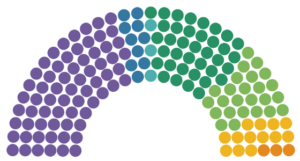

The OECD.AI Network of Experts builds on the OECD’s successful experience with the OECD’s first group of AI experts, which developed a proposal that formed the basis for the OECD AI Principles adopted in May 2019.
See the Terms of Reference (ToR) for participants in the OECD.AI Network of Experts on Artificial Intelligence (ONE AI)
